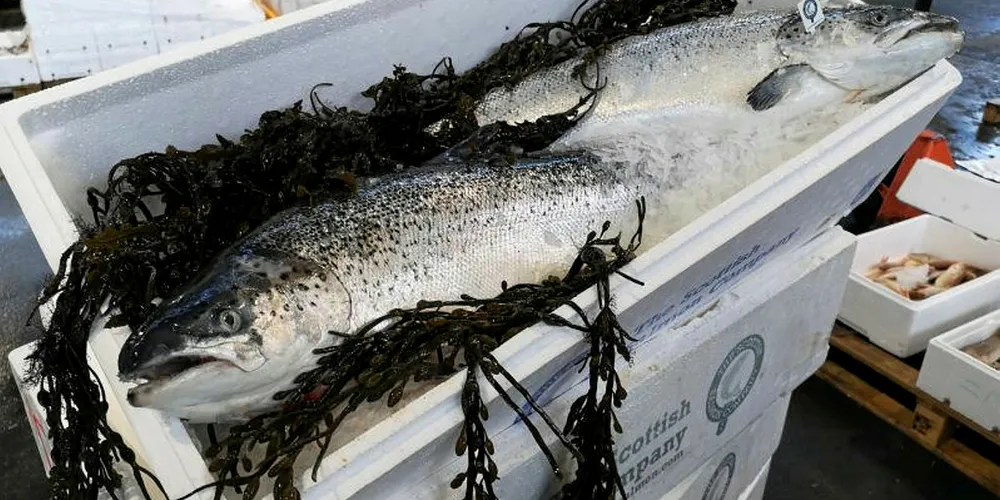UK Brexit deal would place 'huge unnecessary burdens' on Scottish salmon industry
Trade group says potential addition of health certificates would leave Scottish sector unable to compete in international markets.

Trade group says potential addition of health certificates would leave Scottish sector unable to compete in international markets.
